EU deal: How does it affect UK's position outside the eurozone
- Published
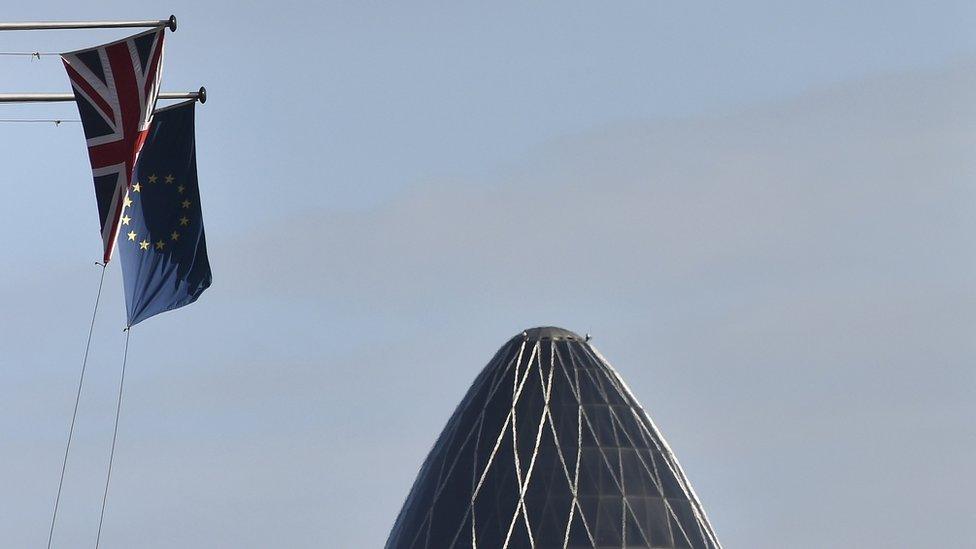
Within the deal struck by the prime minister in Brussels are some changes aimed specifically at the City of London and business.
Inside, but outside
At the moment, the UK - along with several others including Poland and Sweden - is inside the EU but outside the Eurozone, those countries that have signed up for the single currency.
But when new legislation is adopted across Europe, the UK isn't allowed to point to its non-Eurozone status and say that any new rules relating to business and finance shouldn't apply to Britain.
Britain usually votes with the rest of the EU on new legislation but one example of when it was outvoted on a business-related measure was the cap on bankers' bonuses in 2013. Britain opposed the plan because it would apply primarily to London-based senior executives and could discourage them from working here.
But that kind of scenario shouldn't be possible in future under the agreement struck on Friday.
A binding undertaking has now been agreed by all 28 heads of state and government not to introduce any legislation which may discriminate against non-Eurozone countries.
Euro, pounds, krona and zloty
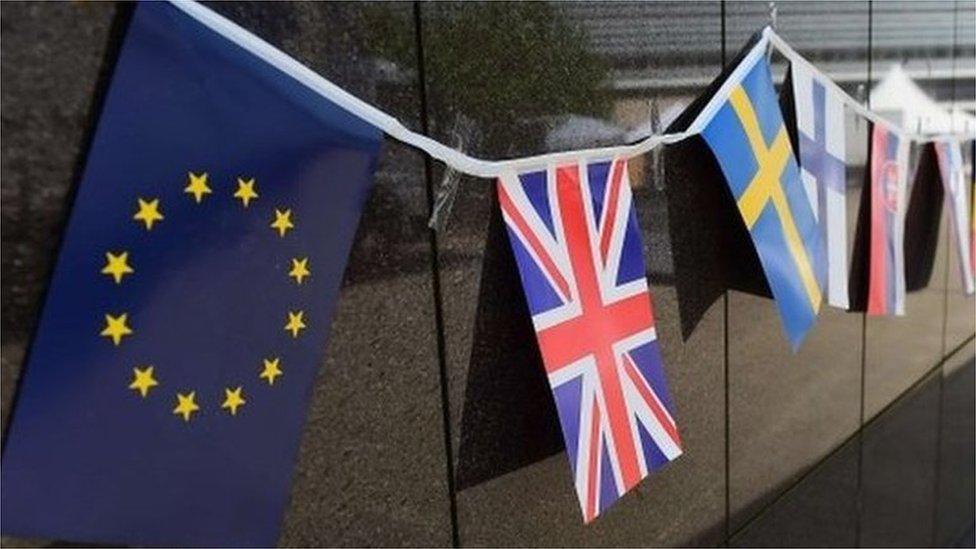
So all this means there is now a formal recognition that the EU has several currencies, not just the euro.
That matters when it comes to new laws because the EU Commission can no longer draw up rules with the 19-country Eurozone mostly in mind. It is now legally obliged to include UK, Polish and Swedish concerns - as well as those of any other non-Eurozone member states - when it is drafting legislation.
For the City of London, this matters. The European Central Bank will no longer be able to force payments in euros to be cleared (or formally processed) in a Eurozone member state.
Nor can, for example, a German or Italian regulator try to coerce one of its banks to move parts of its business or even its senior management from London to Frankfurt or Milan.
What else matters to business?
Beyond financial matters, there have been clear and formal commitments in the Brussels agreement to cutting red tape and encouraging growth and job creation for the entire EU. That's been an informal aspiration up to now.
This means that the EU Commission must now ask itself whether a proposed new rule is necessary at all and whether it should be monitored by a local regulator rather than by the commission itself.
Finally the Brussels agreement gives formal political weight to the EU developing closer international trade deals such as with Japan, India and the on-going talks with the US called the Transatlantic Trade and Investment Partnership (TTIP).
The government has said that British companies would benefit from much closer trade deals with giant emerging economies to reduce its dependence on its EU trade partners which currently account for up to half of UK exports.
Where do business groups stand?
In terms of the business lobby groups and where they will stand on the forthcoming referendum on 23 June, the CBI, external says it will campaign to stay in.
TheCityUK,, external which represents large banks, insurers and consultants in Britain, is in favour of EU membership, but won't be campaigning on the issue.
The British Chambers of Commerce, external has said that it wouldn't campaign for either the "remain" or "leave" sides. The Federation of Small Businesses, external will also remain neutral
- Published18 February 2016
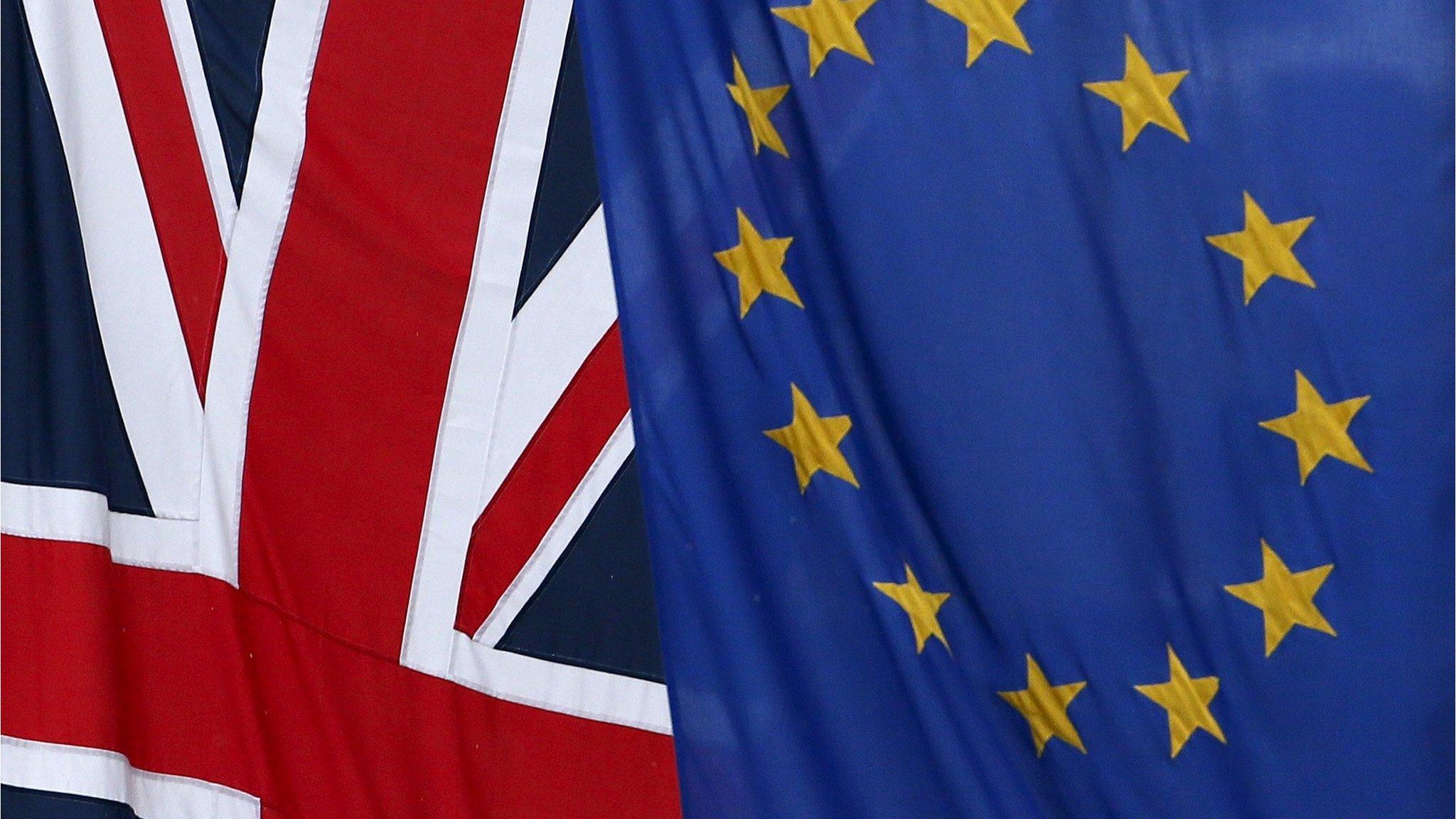
- Published30 December 2020

- Published22 June 2016
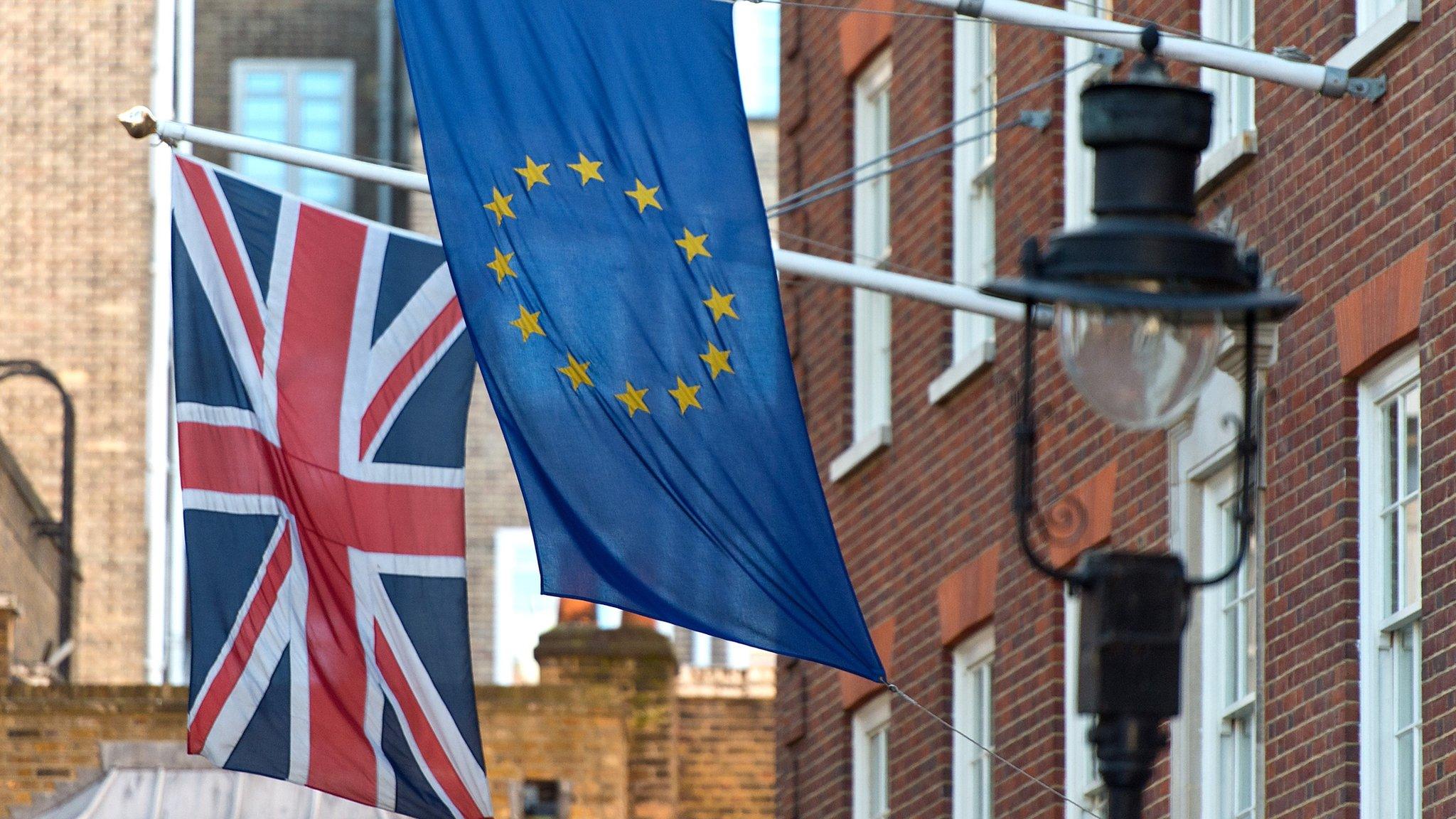
- Published20 February 2016
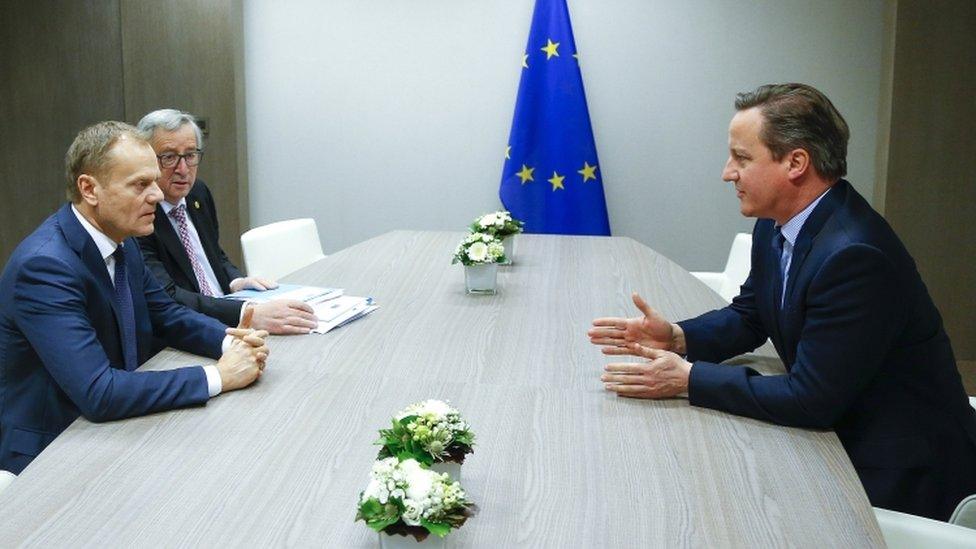
- Published21 February 2016
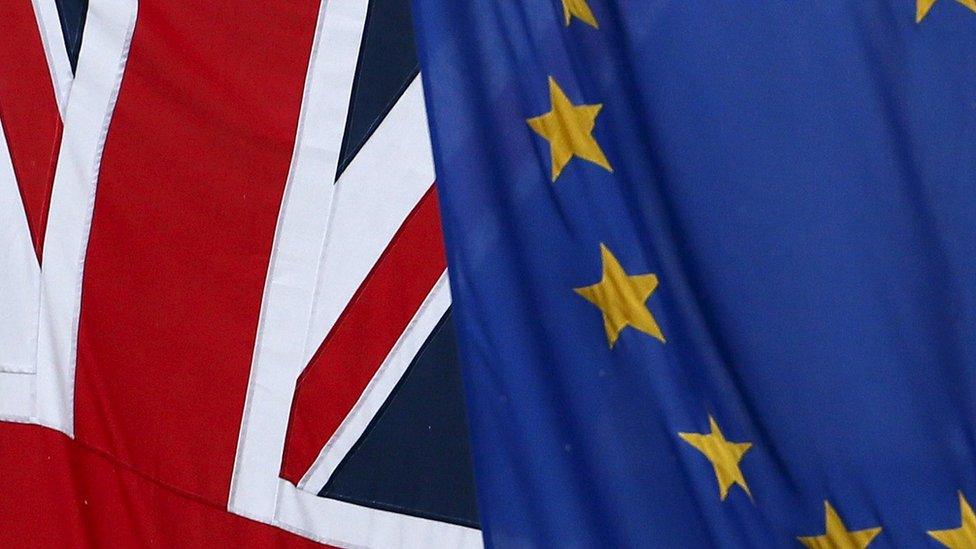
- Published20 February 2016